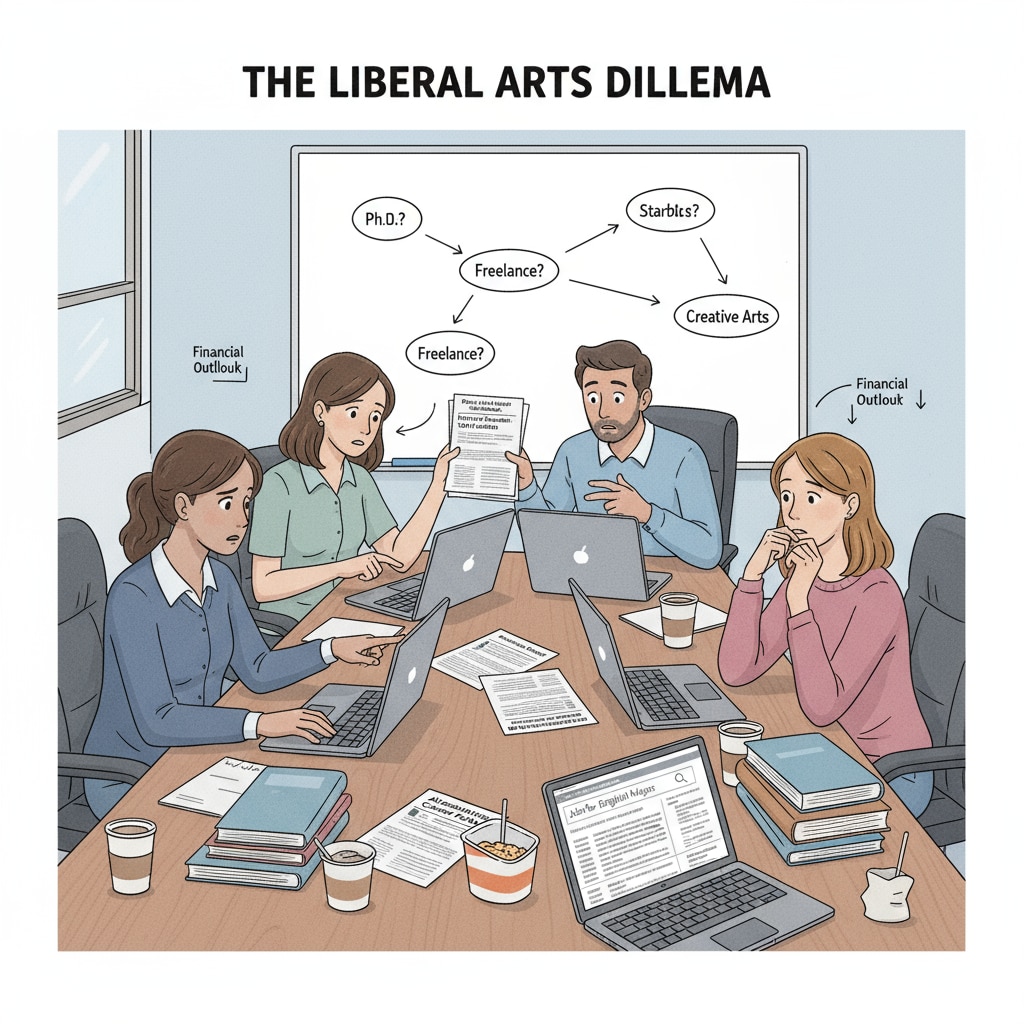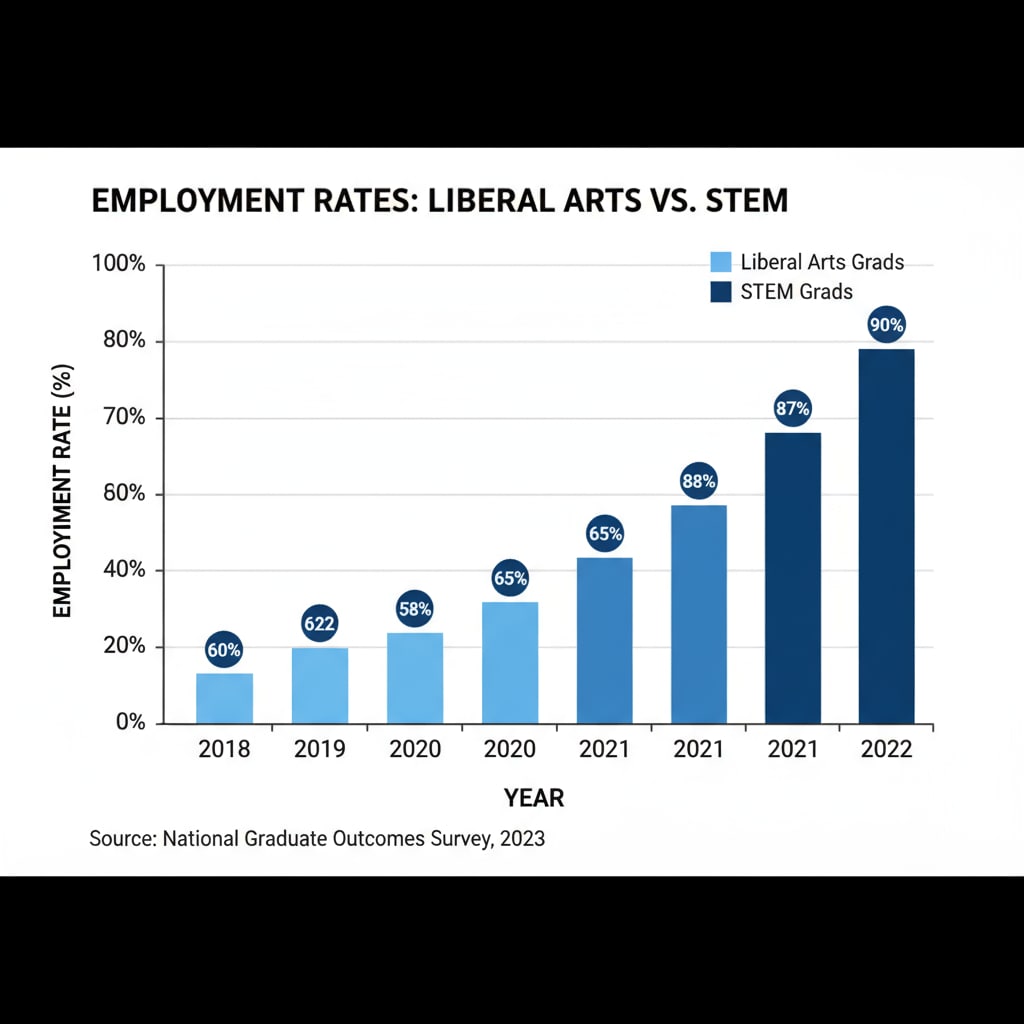Liberal arts education, employment dilemmas, and career transitions are topics of great significance in today’s job market. For liberal arts graduates, especially those from certain majors like religious studies, finding suitable employment can be a challenging journey. However, an unexpected yet promising path lies in the field of K12 special education. Let’s explore how they can turn their unique skills into a fulfilling career in this area.

The Employment Dilemmas of Liberal Arts Graduates
In the modern job market, liberal arts graduates often encounter difficulties. The skills they possess, while rich in theoretical and humanistic aspects, may not seem as directly applicable as those of their STEM counterparts. For example, a religious studies graduate might find it hard to secure a job that aligns with their academic training. According to Bureau of Labor Statistics, the demand for certain liberal arts majors in traditional job sectors has been declining. This lack of immediate job prospects leads to the first major dilemma for liberal arts graduates. In addition, many employers are seeking candidates with highly specialized technical skills, leaving liberal arts graduates at a disadvantage. Therefore, it becomes crucial for them to explore alternative career paths.

The Hidden Potential in Special Education
Surprisingly, the field of K12 special education offers a glimmer of hope for liberal arts graduates. Special education requires a unique set of skills, many of which liberal arts graduates already possess. Their critical thinking skills, developed through years of analyzing complex texts and ideas, are invaluable when dealing with the diverse needs of special education students. For instance, they can use these skills to design individualized teaching plans. Moreover, the empathy and cross – cultural understanding nurtured in liberal arts education enable graduates to better connect with students from different backgrounds and those with special needs. As stated by American Speech – Language – Hearing Association, effective communication and understanding are key in special education, and liberal arts graduates are well – equipped in these areas. This shows that liberal arts graduates have a natural potential to thrive in special education.
To fully realize this potential, liberal arts graduates need to enhance their professional skills. They can take courses in special education methods, child psychology, and educational technology. By doing so, they can bridge the gap between their existing knowledge and the requirements of the special education field. This process of skill enhancement is an essential part of their career transition journey.
In conclusion, liberal arts graduates facing employment dilemmas can find a new direction in the field of K12 special education. Through recognizing their inherent strengths and taking steps to enhance their professional skills, they can successfully make the career transition. This not only provides them with fulfilling career opportunities but also enriches the special education field with fresh perspectives and diverse talents.
Readability guidance: The content uses short paragraphs to clearly present ideas. Lists are used where appropriate to summarize key points. The proportion of passive voice and long sentences is controlled. Transition words such as ‘however’, ‘therefore’, and ‘in addition’ are scattered throughout the text to improve coherence.


